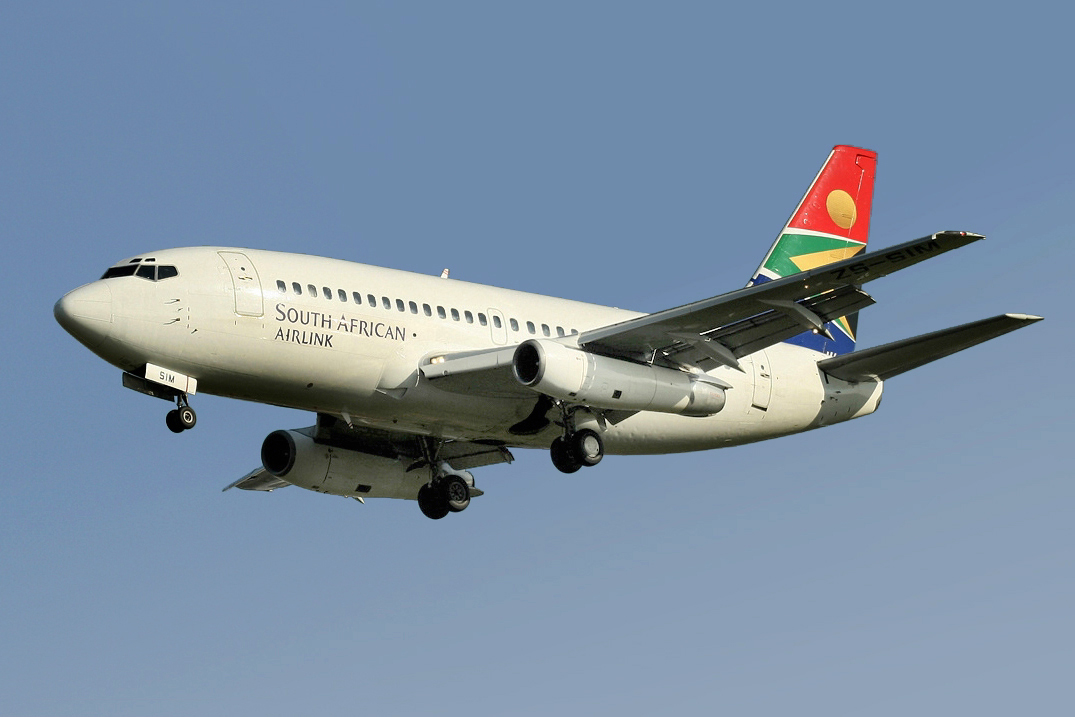
The US Federal Aviation Administration (FAA) has issued a safety alert for operators of Boeing 737 aircraft, warning of potential rudder system malfunctions that could impact aircraft control. This alert follows several reports of restricted or jammed rudder movement due to mechanical issues. The FAA emphasized the need for immediate inspection of the rudder components to mitigate the risks of uncommanded movements that could occur during flights. The affected aircraft include models within the Boeing 737 Next Generation series, widely used across airlines globally.
The warning highlights possible defects in certain hydraulic systems responsible for controlling rudder movements. A failure in these systems can restrict rudder function, potentially causing significant directional control problems. The FAA has called on airlines to conduct thorough checks and implement enhanced monitoring protocols to ensure passenger safety. Although no major incidents have been directly linked to this issue, the FAA’s proactive alert underscores the importance of maintaining strict oversight, especially as the Boeing 737 fleet is extensively relied upon worldwide.
Boeing has responded by stating that they are collaborating with airlines to address the problem. They have emphasized that while the issue is being investigated, affected operators are advised to follow the FAA’s safety recommendations to reduce operational risks. The company is also reviewing the manufacturing and maintenance practices associated with the rudder systems to identify any contributing factors. This comes as Boeing continues to navigate the scrutiny placed on its aircraft following previous technical challenges with other models.
The alert specifically focuses on hydraulic power control units (PCUs), which regulate rudder function. These units have been implicated in past aviation safety issues, and any mechanical faults can lead to deviations from normal flight paths. The FAA’s concerns are based on data collected from maintenance logs and incidents reported by airline operators, with pilots having experienced issues during flights where rudder control was limited or unavailable. In some cases, pilots reported feeling unusual resistance in the controls, prompting them to declare an emergency landing.
For airlines, this FAA directive will likely translate into additional costs and operational delays, as planes undergo inspections and repairs. Nonetheless, ensuring compliance is critical to preventing potential airborne hazards. Airlines, including some of the largest Boeing 737 operators in the US, have already started inspecting their fleets. Southwest Airlines and American Airlines are among the carriers taking immediate steps to ensure their aircraft meet the safety standards laid out by the regulator.
The Boeing 737, which includes several variants, is one of the world’s most widely used aircraft models, particularly for short to medium-haul routes. With thousands of units in service, any technical warning affecting its fleet has the potential to disrupt global air travel schedules. However, the FAA’s alert, while serious, is viewed as a precautionary measure to avert more significant incidents. The focus now remains on rectifying the underlying issues to maintain passenger confidence in the Boeing 737 series.
Aviation experts have noted that while rudder issues are not unprecedented, modern aircraft are designed with multiple redundancies to prevent loss of control during flight. The Boeing 737 Next Generation series has faced isolated rudder-related problems in the past, leading to design changes and updated maintenance protocols. However, given the FAA’s findings, it appears that further adjustments may be necessary to address the current concerns fully.





